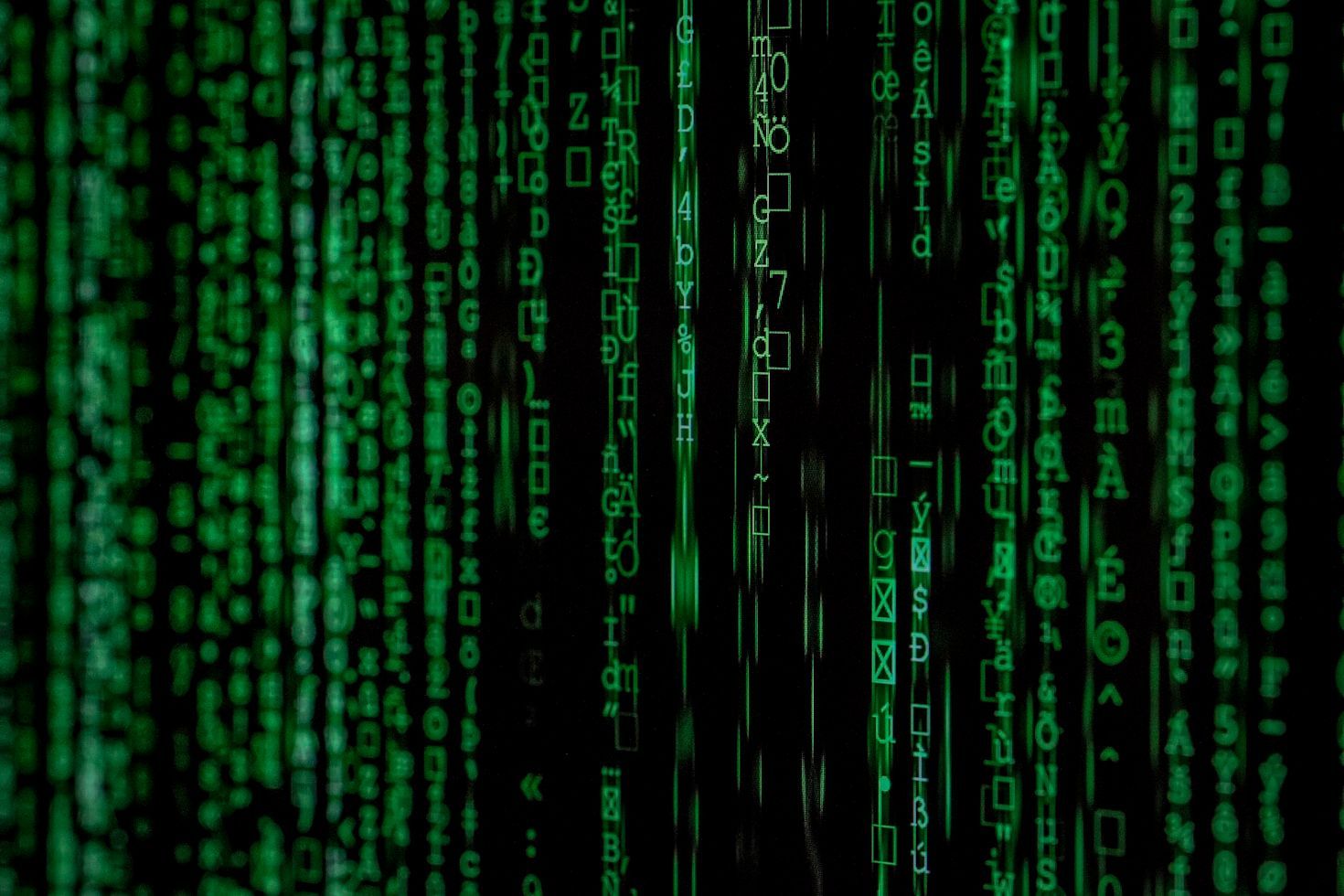BORN IN FICTION
10 Words You Didn’t Know Have Literary Origins
Published on May 13, 2024
 Credit: Glen Noble
Credit: Glen Noble
Even now, when reading seems to be on the decline compared to the past, literature still plays an important role in how we construct our everyday language. From Shakespearean soliloquies to modern sci-fi jargon, literature has gifted us with a plethora of words that now pepper our conversations.
Let's explore 10 captivating examples of words that originated in fiction and literature, illuminating the enduring power of narrative to change the world.
Serendipity
 Credit: Michael Dziedzic
Credit: Michael Dziedzic
Coined by 18th-century English writer and art historian Horace Walpole in a letter to a friend, this word refers to a fortunate discovery made by accident. After making an unexpected discovery about a lost artwork, he referenced an ancient Persian tale called The Three Princes of Serendip, where its three protagonists would be - Walpole told his correspondent - "always making discoveries, by accidents and sagacity, of things which they were not in quest of."
Quixotic
 Credit: Mick Haupt
Credit: Mick Haupt
Inspired by Miguel de Cervantes' iconic novel Don Quixote, this term describes someone who is extravagantly idealistic and impractical. It stems from the chivalrous but delusional character Don Quixote, who often embarked on fanciful quests in pursuit of romanticized ideals but losing sight of reality on the way, to the point of confusing ordinary windmills with the mythical giants of old tales.
Catch-22
 Credit: Hans Vivek
Credit: Hans Vivek
Joseph Heller popularized this phrase in his satirical novel of the same name, depicting a paradoxical situation in which escape is impossible because of contradictory rules. Set in World War II, from the perspective of a U.S. Air Force Captain, the novel explores the absurdity of war and bureaucratic logic through the protagonist's futile attempts to evade combat duty and the unreasonable demands of his superiors.
Newspeak
 Credit: Markus Spiske
Credit: Markus Spiske
George Orwell’s dystopian masterpiece 1984 left an enduring legacy in the form of a rich vocabulary related to censorship and control. Some terms like "Big Brother," "Doublethink," or "Thought Police" are still popular in everyday speech. In the novel, these words form part of "Newspeak," a controlled language used by the totalitarian regime of Oceania in order to restrict freedom of thought and manipulate public perception.
Cyberspace
 Credit: Markus Spiske
Credit: Markus Spiske
Coined by William Gibson in his groundbreaking science fiction novel Neuromancer, cyberspace refers to the virtual reality of computer networks. Gibson's pioneering work anticipated the internet age and our modern dependence on technology, helping shape our contemporary understanding of digital landscapes and connectivity.
Scrooge
 Credit: Chad Madden
Credit: Chad Madden
Thanks to Charles Dickens's timeless classic A Christmas Carol, the name Scrooge has become synonymous with selfishness and greed. Unfortunately for Ebenezer Scrooge, the protagonist of the short novel, despite undergoing a transformative journey of redemption in the story, we mostly remember him by his worst side.
Nerd
 Credit: Dmitry Ratushny
Credit: Dmitry Ratushny
Although the word has a disputed etymology, the popularity of the word "nerd" likely owes to its usage in Dr. Seuss' If I Ran the Zoo where it referred to an imaginary creature. However, the term underwent a transformation in meaning over the years. It eventually evolved into a derogatory term for bookish people with a noticeable lack of social skills. Nowadays, though, it has lost its negative connotations and it is used to describe someone passionate or knowledgeable about niche interests in the realm of science and technology.
Robot
 Credit: Phillip Glickman
Credit: Phillip Glickman
Coined by Czech playwright Karel Čapek in his play R.U.R. (Rossum's Universal Robots), the term robot is derived from the Czech word "robota," meaning forced labor. Surprisingly - taking into account that it was written in the 1920s - Čapek's visionary play explores themes of artificial intelligence, automation, and the ethical implications of creating sentient beings.
Tween
 Credit: Vitolda Klein
Credit: Vitolda Klein
Initially an abbreviation of "between" dating back to the year 1300, the term "tween" took on a new meaning in the late 20th century. Influenced by the word "teen," it emerged as a noun referring to a child nearing puberty, typically between the ages of 9 and 12. However, an alternative usage was popularized by J.R.R. Tolkien, who employed the term in The Lord of the Rings, to describe the "irresponsible twenties between [Hobbit] childhood and coming of age at thirty-three."
Utopia
 Credit: Victor
Credit: Victor
Coined by Sir Thomas More in the 16th century, in his influential work Utopia, this term describes an idealized, imaginary society characterized by harmony, equality, and prosperity. More's vision of a perfect civilization has sparked countless literary and philosophical explorations into the possibilities and pitfalls of utopian ideals. The opposite concept would be a "dystopia."










